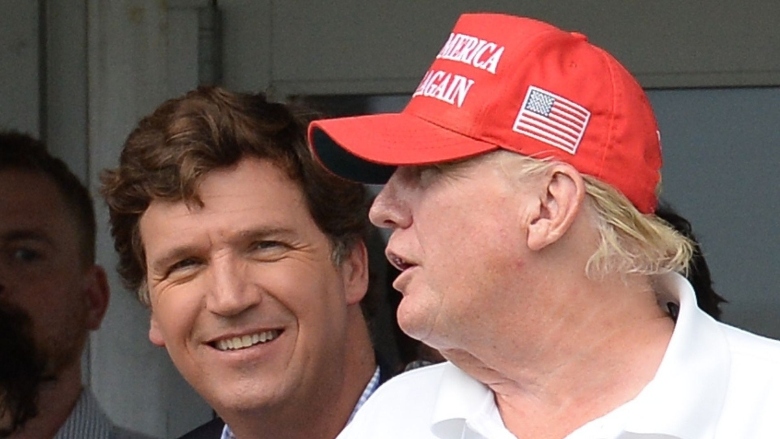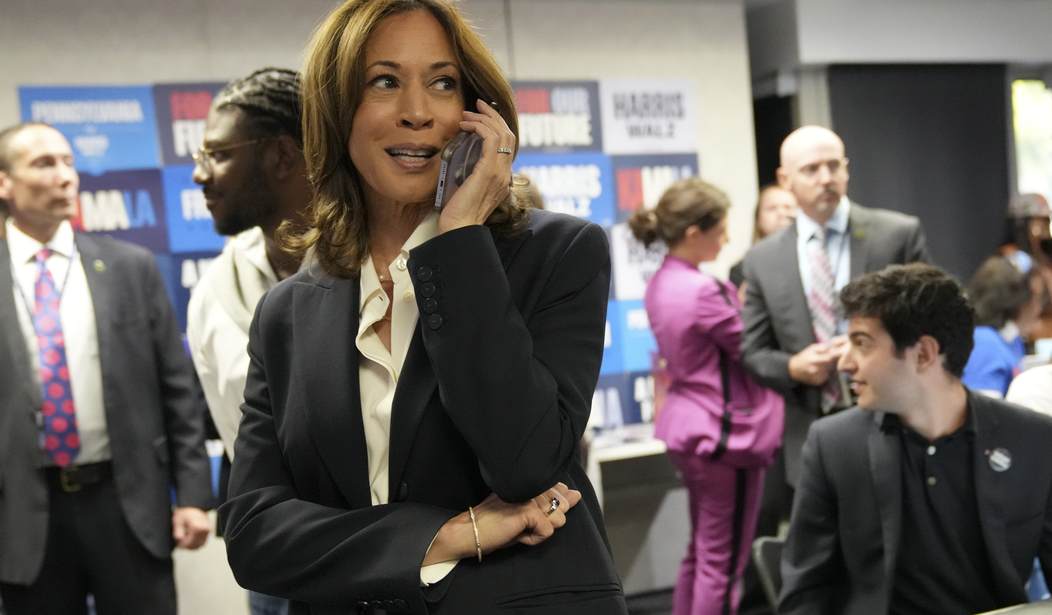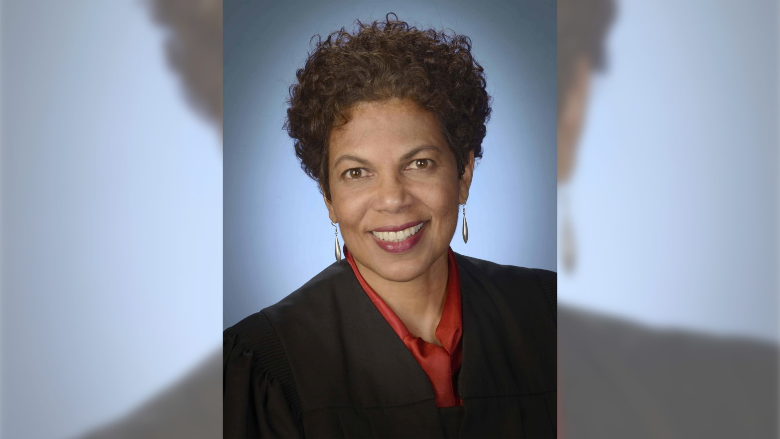Former NBC anchor Billy Bush has come forward with explosive claims that major media networks conspired to sabotage Donald Trump’s 2016 presidential campaign. In a revealing interview with Tucker Carlson, Bush accused outlets like ABC News of abandoning impartial journalism in favor of activism, all with the singular goal of undermining Trump.
Bush alleged that the efforts were not just passive bias but part of a calculated operation involving dedicated teams tasked with unearthing damaging stories about Trump.
“At ABC News, they launched a 75-person investigative unit dedicated to finding anything negative about Trump,” Bush revealed. “Their mission was clear: get him out. This wasn’t journalism. This was activism.”
Bush also reflected on his own media scrutiny during the 2016 campaign, recalling the fallout from a leaked recording of a private conversation between him and Trump.
The 2005 tape, which surfaced just weeks before the election, featured Trump making lewd comments about women, including his infamous remark about being able to “grab [women] by the p****” due to his celebrity status.
The backlash was immediate. Trump apologized, dismissing the remarks as “locker room talk,” while Bush, then a co-host on NBC’s Today show, faced professional consequences. He was suspended and eventually fired.
Despite the controversy, Trump’s supporters rallied behind him, accusing the media of weaponizing the tape to derail his campaign. Trump ultimately won the presidency, but Bush’s career trajectory was forever altered.
Bush coined the term “Trump Derangement Syndrome” during his interview to describe what he saw as the media’s obsession with opposing Trump at any cost.
“Once Trump announced his candidacy, the media flipped,” Bush said. “It was no longer about covering him—it was about taking him down. Get him at all costs. That became the mission.”
He specifically criticized Jeff Zucker, then-president of CNN, as a key figure in the anti-Trump media narrative.
Bush claimed this sentiment wasn’t limited to one network but spanned across all major outlets, describing a coordinated effort to undermine Trump’s campaign and, later, his presidency.
“This wasn’t just one newsroom; it was a collective mission across the industry,” he said.
Bush’s allegations have reignited discussions about media ethics, impartiality, and the press’s role in shaping public opinion. He accused media executives of failing to hold themselves accountable for unethical practices, particularly regarding their treatment of Trump.
“This kind of activism masquerading as journalism erodes public trust,” Bush said. “When the media becomes a weapon, people stop believing in the news altogether.”
Bush highlighted the long-term consequences of perceived media bias, arguing that it has contributed to growing polarization and distrust in mainstream journalism.
Bush’s accusations are particularly striking given the context of the 2016 election—a period marked by intense media scrutiny of Trump. Networks routinely ran stories about Trump’s past behavior, business dealings, and controversial statements.
The alleged creation of a 75-person investigative unit at ABC News, as claimed by Bush, underscores just how far some outlets were reportedly willing to go in their quest to discredit Trump.
“This wasn’t just about holding a candidate accountable,” Bush argued. “It was about taking him down, no matter what it took.”
Billy Bush, a member of the prominent Bush family, began his media career in radio before transitioning to television. He became a familiar face as the host of Access Hollywood, covering celebrity news and major events.
In 2016, Bush joined NBC’s Today show but saw his career derailed following the release of the infamous 2005 tape. While Trump emerged relatively unscathed, Bush’s professional life was upended, forcing him to reexamine his place in the industry.
Now, nearly a decade later, Bush’s revelations about the media’s handling of Trump’s campaign add a new dimension to the ongoing debate over media ethics and bias.
Bush’s claims come as public trust in the media continues to decline. His account suggests that bias in political reporting may not just be incidental but deliberate, raising questions about the role of the press in democratic processes.
“If the media decides to act as activists instead of journalists, the public loses faith,” Bush warned. “And once that trust is gone, it’s nearly impossible to get back.”
NBC Exposed by Former Anchor: 75-Person Unit, Beginning of Trump Derangement Syndrome…
Former NBC anchor Billy Bush has alleged that major media networks orchestrated a coordinated effort to undermine Donald Trump during his 2016 presidential campaign.
In an interview with… pic.twitter.com/1qrW9Niu02
— RVM News (@redvoicenews) January 14, 2025
Bush’s allegations highlight the challenges of maintaining journalistic integrity in an increasingly polarized landscape. As the 2024 election approaches, his comments serve as a stark reminder of the stakes involved and the responsibility of the press to remain impartial.
Reactions to Bush’s interview have been predictably divided. Critics of the media’s handling of Trump see his claims as vindication, while others dismiss them as exaggerated or self-serving.
Regardless of perspective, Bush’s insights have added fuel to a debate that shows no signs of subsiding. As discussions about media bias and ethics continue, his revelations offer a window into the contentious relationship between the press and one of the most polarizing figures in American political history.


